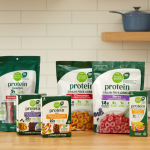Brightseed Aims to Move into Functional Food Ingredients With New Capital infusion
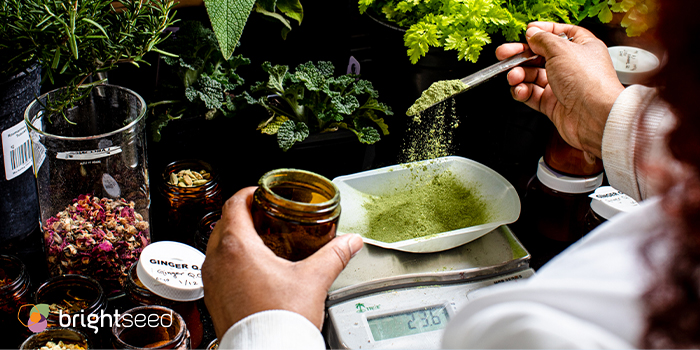
What is the health potential of plants?
Bioscience company Brightseed has spent years trying to answer this question by cataloging the bioactive compounds in plants proven to improve human health. Now, the company is ready to monetize its research by investing in a new ingredient manufacturing plant and bringing products to market later this year. In early May, the company announced a Series B round led by Temasek Holdings that netted $68 million and put Brightseed’s total valuation at $120 million, capital enough to make the jump into commercialization.
There has always been a two-fold goal for the San Francisco-based, bioscience data company. One was to use its proprietary artificial intelligence platform to catalog the phytochemical compounds in plants and analyze their bioactive potential. The second was to become a producer of functional, health food ingredients. While the company has focused on the former to-date, it’s now ready to move into its next stage of growth.
To support this step the five year-old company will be manufacturing their own ingredients in a new commercialization center in Raleigh, North Carolina and is hoping to monetize its research into marketable products.
“Up until now, Brightseed has been known as a data and discovery company,” Co-founder and Chief Operating Officer Sofia Elizondo said in an email response to NOSH. “We are now translating our discovery work into tangible products for the industry and debuting the first of our pipeline of bioactive ingredients for food and natural products to access.”
From Research Company to Ingredient Maker
Although there have not been any formal partnerships announced yet, the company sees bringing ingredients to market as the critical next step in its goal to improving human health outcomes.
Set to formally open in August, the 12,500 sq feet Raleigh-commercialization center will become the Brightseed’s business hub, supporting ingredient sales, manufacturing and quality assurance as well as medical and regulatory affairs. The company will maintain its research facility in South San Francisco, but is using its East Coast expansion to double its employee base by the end of the year.
The ultimate goal is to become an ingredient maker, backed by scientifically-researched innovation of phytonutrients. Brightseed uses its artificial intelligence platform Forager, created by co-founder Lee Chae, to catalog the transformative health potential of bioactive compounds in plants. The company claims it can process over 120 plants a month and has profiled over 2 million plant compounds as it builds a data library of phytonutrients.
The production facility will be 100% operated by Brightseed and is an opportunity for the company to put their synergistic approach to food and science into marketable products.
In a post-COVID world, consumers are looking more at food as medicine and trying to manage their health through daily routines, diet and lifestyle changes, Elizondo said. “Food and beverage brands, and CPGs are challenged to differentiate in this new era of heightened health awareness. Motivated, health-conscious consumers are turning to the food industry for solutions and finding limited solutions that meet their health needs.”
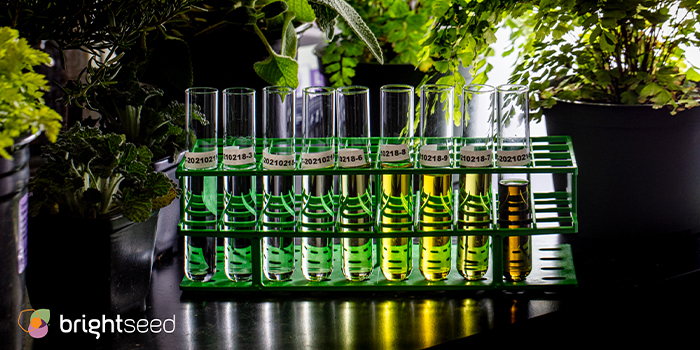
Unlocking the Health Benefits of Plant Nutrients
Brightseed is poised to release a bioactive ingredient that comes from hemp hulls (the outer shell of the seed) that are rich in N-trans-caffeoyltyramine (NCT) and N-trans-feruloyltyramine (NFT) – one of the bioscience company’s earliest discoveries. In two pre-clinical trials, the phytonutrients have shown health benefits by clearing fat from the liver in mice. The company hopes its product could help treat obesity and the management of non-alcoholic fatty liver disease.
Later this year, a hemp hull ingredient will be marketed as a whole food ingredient that benefits gut health. The company anticipates it will receive FDA GRAS (“Generally Regarded As Safe) certification as a food additive that maintains all the macronutrients and micronutrients from the original plant source. Additionally, the bioactive-rich hemp fiber is processed from upcycled from the agricultural waste stream and thus requires no additional farming to produce, Elizondo explained.
“The irony is that industry has been tossing the seed shells, or the outer wrapper of hemp hearts, without realizing they are a potential goldmine for human health. Armed with new insight, we can make better use of this sustainable resource,” she said in a company press release.
Over the years, Brightseed has partnered with CPG companies in discovery projects to pinpoint how plant bioactives in food directly benefit human health.
So far, Brightseed has partnered with Danone to unlock the health potential in soy, almonds and oats. Brightseed went on to work with Ocean Spray and helped discover 6,000 phytochemicals in cranberries. Early in January, Brightseed announced it had partnered with Olam Food Ingredients to help unlock the health benefits in black pepper and garlic.
In November 2021, the company received a $200,000 grant from the Bill & Melinda Gates Foundation to generate insights into improving maternal health and birth outcomes in balanced energy protein (BEP) food supplements that are recommended to pregnant women. The Forager computational platform hopes to illuminate the bioactives that contribute to better maternal and child outcomes.
Brightseed is following in the footsteps of other companies that are moving from innovation to ingredient production. Perfect Day was an innovator in animal-free dairy made using fermentation technology and has partnered with a number of companies to market animal-free ice cream, whey protein powders and other dairy products.
“Brightseed exists to re-activate the health that belongs in our food system, and we work in partnership with companies who are eager to define that,” Elizondo said.



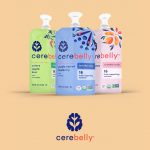









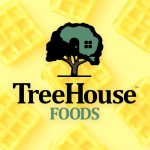

![[Updated] Oats Overnights Secures $45M Investment From Astō](https://d2azl42aua8mom.cloudfront.net/wp-content/uploads/2026/01/29172259/2026-01-29-oats-overnights-secures-45m-in-growth-equity-from-square-150x150.jpg)
